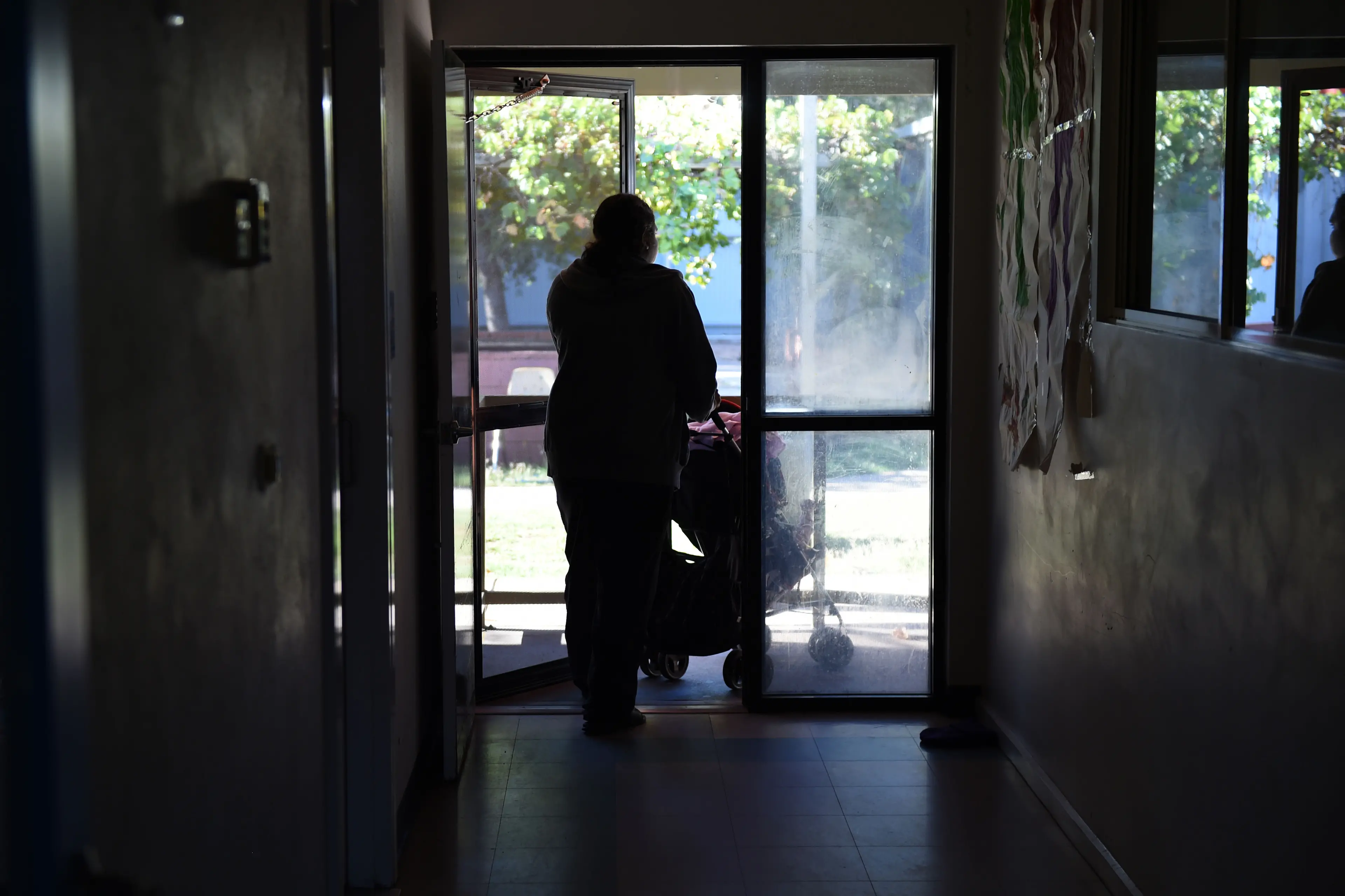PHOTO
The family law system is fraught with barriers for Aboriginal and Torres Strait Islander women.
Distrust in the legal system, lack of cultural understanding and limited services in remote and regional communities limits Indigenous women's access to justice through family courts, a study has found.
"These barriers mean that women are both excluded from the system but also the system is not safe when they do access it," report co-author Samantha O'Donnell said.
Dr O'Donnell, a Melbourne University research fellow and Centre of Excellence for the Elimination of Violence Against Women affiliate, said Indigenous women are also disproportionately misidentified as perpetrators of family violence, which can damage family law outcomes.
"What we found in terms of the family law system is that misidentification in civil or criminal proceedings can then negatively impact First Nations women in their family law matters," she said.
"A judge might be forced to weigh out this false perpetration history that's brought into a parenting matter, for example."
The national study drew on insights from women's legal services across the country, and found there was limited access to culturally appropriate legal support and advice, particularly in remote and regional areas due to resourcing constraints and "chronic underfunding" of services, Dr O'Donnell said.
Women's Legal Service WA principal legal officer Stephanie Monck said fear is a major barrier for women, inhibiting access to the family law system, pointing to disproportionate rates of Indigenous children in out of home care.
"First Nations women are worried that their children will get taken away from them," the Kungarakan Warramungu woman told AAP.
"We know nationally the statistics are about 45 per cent of children in out of home care are First Nations children."
Researchers found initiatives like the Indigenous List, a specialised court list aiming to provide tailored support for First Nations people, and Indigenous Family Liaison Officers were having a positive effect.
But with the Indigenous List only operating in 10 locations across the country and unavailable in Western Australia, researchers said these services need to be expanded.
Ms Monck said efforts to address the barriers faced by Indigenous women in accessing violence must start with the root causes of violence, including poverty, inequality and ongoing impacts of colonisation.
It is important solutions are community-led and involve not just the court system but police and child protection authorities' responses to domestic and family violence.
"If we can get more intensive family support at that point then it's more likely the department won't need to take the children," she said.
"Then the woman is free to go... to seek formal parenting orders through family court or property orders if they have assets together."
13YARN 13 92 76
1800 RESPECT (1800 737 732)
Lifeline 13 11 14
Men's Referral Service 1300 766 491





